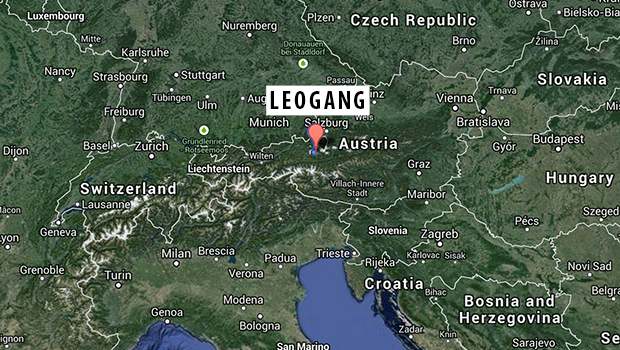


The UCI World Cup is a multi-discipline set of events held all over the World. The disciplines include BMX, Road, Downhill, Cross Country, Cyclo-Cross and paracycling. The events are usually held in different countries each year, riders compete to win a much sought after rainbow jersey.
Teams or individuals are able to win a gold, silver or bronze medal, and past champions wear a trim on their collar and sleeves in representation of their achievements. The International Cycling Union (UCI) is responsible for organising the World Cup, as well as many other cycling events. The first mountain bike World Cup was held in 1989, with downhill being introduced onto the circuit two years later, then later in 2002 4x was introduced. Riders win points based on their position, and it gets added up after each round. Courses and events are varied each year allowing different countries to host rounds. Elite riders are selected through a series of points during the season for the opportunity to compete in the World Cups; each rider represents their country over several rounds.
The World Cup mountain bike season lasts a few months, generally from around March until September, but it often varies for each discipline and event. The winner of each World Cup is only decided after all rounds are completed based on how many points they have attained during the season.









